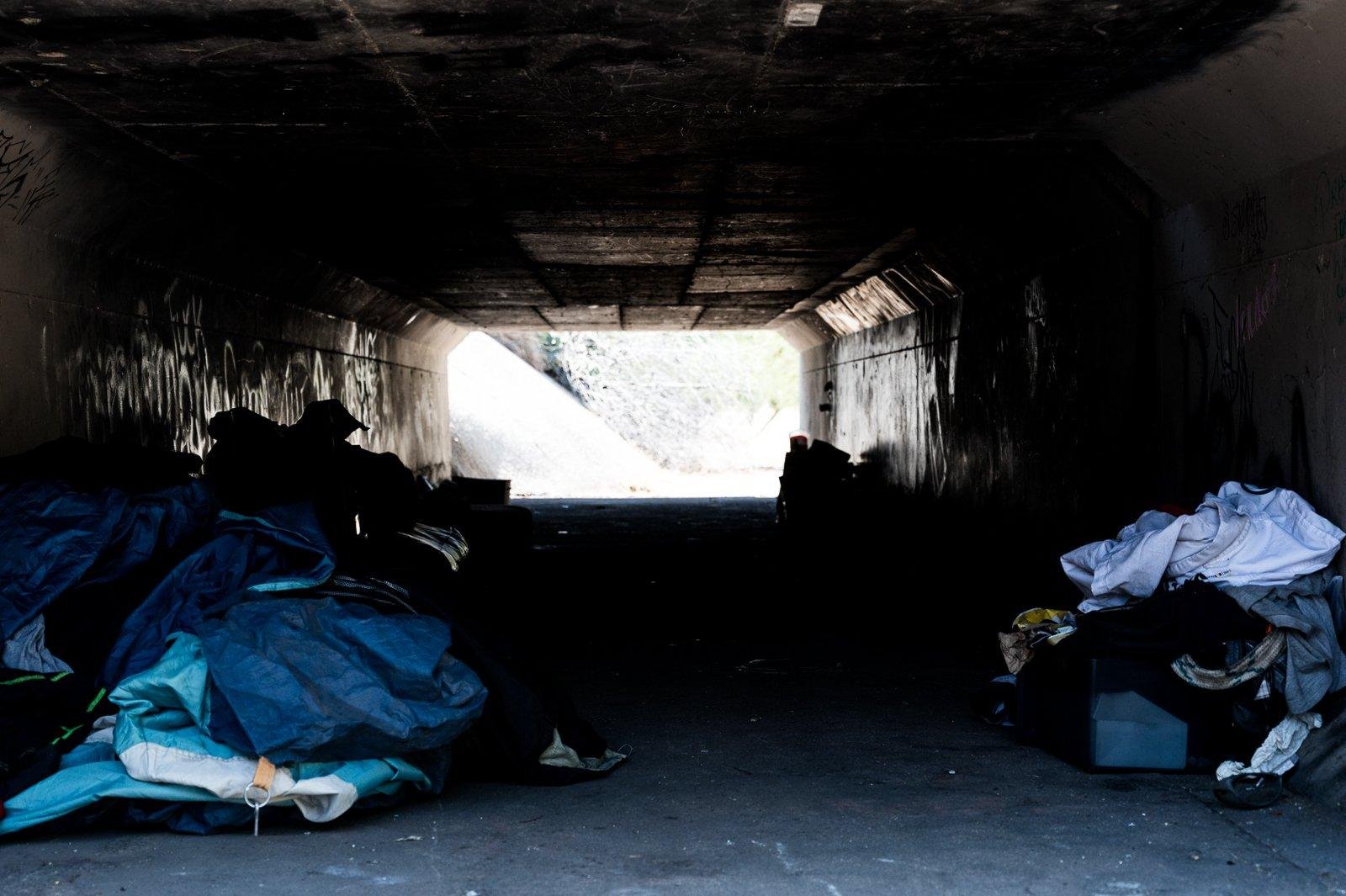Business
Tucson City Council Takes Bold Stand: Camping in Washes Now Illegal

The Tucson City Council passed a new ordinance on Tuesday, making it a misdemeanor to camp in city washes, with a vote of 5-1. This follows several previous attempts that had failed to gain traction. City Manager Tim Thomure noted the inherent dangers of sleeping in these areas, highlighting the challenges of visibility and accessibility during emergencies.
Initially proposed in September of last year, the ordinance aims to address the risks associated with camping in washes, especially ahead of the monsoon season. It is now a response to Prop. 312, a voter-approved law from November, which allows property tax refunds if local governments don’t address homelessness-related issues.
The city’s legal counsel, Mike Rankin, emphasized that this new measure is designed to protect Tucson from potential liabilities under Prop. 312. Previous discussions included a separate ordinance banning standing on road medians, which passed in March with the same 5-1 vote.
Notably, Councilmember Kevin Dahl cast the only dissenting vote on this latest measure. He expressed concern that the ordinance criminalizes homelessness, a sentiment he voiced during the March discussions as well. Meanwhile, newly appointed Councilmember Rocque Perez stated he felt a “clear mandate” from constituents in Ward 5 to support the ordinance, advocating for safety rather than a rejection of those experiencing homelessness.
The revised ordinance underwent some changes, as suggested by Councilmember Karin Uhlich. It now avoids mentioning specific items like sleeping bags and blankets, focusing instead on behaviors indicating the establishment of temporary residences. Opposition to the ban persists, with local advocates arguing that it merely exacerbates existing cycles of poverty and homelessness.
During the council meeting, Tucson resident Jose Valladares criticized the law, asserting that people camp in washes out of necessity, not choice. He highlighted the extreme heat of summertime in Tucson, arguing that the ordinance attacks vulnerable populations.
Typically, urban washes are chosen by those experiencing homelessness for shade and privacy, though they pose significant dangers during flash floods. The city’s Housing First program has previously taken measures to clear these areas before the rainy season, but did not issue citations for camping. Under the new ordinance, those violating the law may face fines up to $250 or potential jail time.
In the wake of Prop. 312’s implementation, a claim has already been made against the city by a resident who incurred expenses dealing with homelessness issues. The city’s response to such claims remains uncertain, and officials are reviewing the validity of the allegations.


















